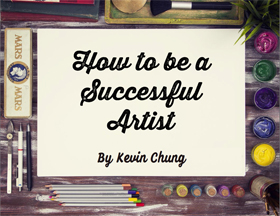Brett Michael Innes didn’t know if he would ever fulfill his dream of becoming a film maker. As a teenager, he knew he wanted to make movies but there were a few things that stood in the way of him accomplishing his dream.
During that time, his family went into debt, so he couldn’t afford to go to film school. He also had to work at a call center just to support himself.
After some introspective thinking, Brett decided he wanted to pursue his dream of film making. So he worked a year at the call center so he could afford to go to film school. With the help of his parents and a scholarship, he was able to finish with a degree in film production.
Although Brett wanted to major in directing, he was forced to get his degree in film production. This ended up being a stroke of luck because this experience with production helped him land a contract with M-Net, the HBO of South Africa.
With the help of M-Net, Brett was able to work on his novel, Rachel Weeping, and his movie Sink, at the same time. Both the novel and movie were met with critical acclaim, which has allowed him to continue work doing the thing he loves, making films
In this episode Brett talks about adapting to your situation, why mentorship is powerful, and not letting fear get the best of you.
Continue reading















Follow Me!